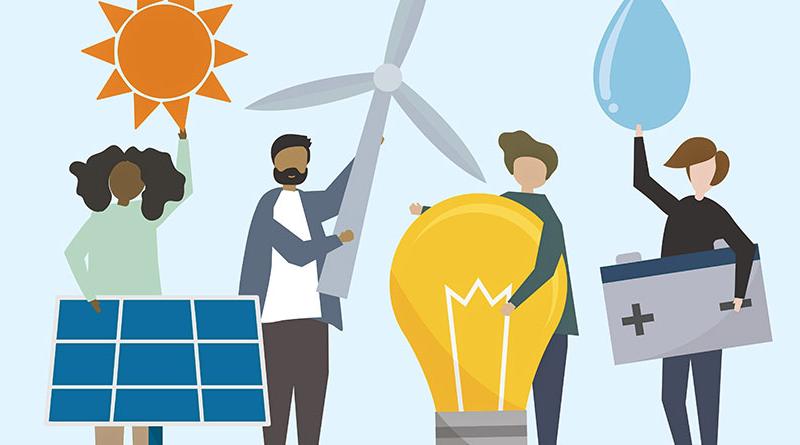Business can ride out storm by going green.

he United Nations Global Compact this week held a two-day virtual conference, coming in the shadow of the Covid-19 crisis.
The UN Global Compact is the largest corporate sustainability initiative founded in 2000 by the late UN secretary-general Kofi Annan. The initiative aims to promote sustainable business practices around four pillars – human rights, environmental responsibility, labour and anti-corruption.
In this week’s conference, it was pointed out that the pace of change towards meeting sustainable development goals (SDGs) has been rather sluggish. It would be impossible to achieve the goals by 2030 as set out by the UN if the trend is maintained. The rallying call, therefore, is for policymakers and industry captains to double their efforts towards sustainability.
With barely 10 years away from the SDGs deadline, businesses will need, with a renewed sense of urgency, to embed sustainable goals within their strategies, operations, supply chains and communication.
The growing consensus is that in the wake of the pandemic-induced global recession, this is the time for cooperation, not competition. And as the world looks for recovery pathways, there is need to rebuild a more resilient and inclusive society where no one is left behind. Capitalism should have a human face, if the global balance is to be restored, over and above margins.
It was noted that at the moment, and 20 years into the corporate sustainability initiative, less than half (46 percent) of businesses across the globe have embedded the SDGs into their operations. And only 37 percent have adopted sustainable business models.
What this means is that if nothing changes, it would take another 20 years to bring the conformity rate to near universal levels, with the latency being a big source of concern. This is an especially worrying prospect given that the frequency and intensity of natural disasters, disease outbreaks and social tensions is becoming more severe in light of climate change, rapid globalisation and urbanisation.
Corporations, when united, can be a powerful cause for good, and this is exactly what needs to happen over the next 10 years. They need to double down on their efforts to restore balance on the planet and among populations, as envisioned by the UN Global Compact.
Beyond the environmental goal, marketplaces and office spaces need to have a human face and touch. This is the social goal of the SDGs, promoting shared prosperity and treating workers humanely and equitably.
As per the UN Global Compact records, 129 Kenyans corporation have membership, and have signed up to its binding creed of sustainable goals such as anti-corruption, gender equity, labour, governance and environment. Kenya Climate Innovation, which is the organisation am steering is one of those proud signatories and reaping the benefits.
Several local firms, mostly large ones, have embedded sustainability in their operations, creating sustainability departments within their organisational structures and reporting on their green practices through true value reports and sustainability reports. More still need to be done to have small and medium companies engaging with sustainability as dong good is good business and not a reserve for the big and rich companies. It is only through tracking and measuring strategies that incremental improvement is possible.
To this end, only 45 percent of companies worldwide are tracking their actions towards sustainability, meaning more than half are in default mode, with minimal commitment to improvement. It is this group that needs to awaken and join the sustainability bandwagon. At the same time, only 57 percent of businesses are measuring the impact of their own operations on the society and the environment.
Only 13 percent of corporations across the globe follow through to find out whether their suppliers are abiding to sustainable behaviour during production. This situation has given a freehand to unchecked rogue suppliers who cut corners to fatten their margins through unsustainable practices such as recruiting underage cheap labour with no proper safety gear and conducting business with wanton disregard for the environment.
Beyond decent work and economic growth, businesses need to encouraged to observe good health and wellbeing of their workers, climate action, anti-graft practices and responsible consumption and production. For instance, efforts should be made towards adopting a circular economy, where waste is either reused, recycled or upcycled. A collective culture of resource conservation should also be encouraged, to reduce wastage.
The spirit of good governance should also be allowed to prevail through promoting anti-corruption and business commitment to justice and strong institutions. The global market is ever in a state of flux – if it is not the shifting sands of changing customer tastes, then its technological disruptions or global challenges-induced shifts.
And to survive the Covid-19 storm, businesses will have to take shelter in sustainable practices and future-proof their fortunes.
18 June 2020
Business Daily




